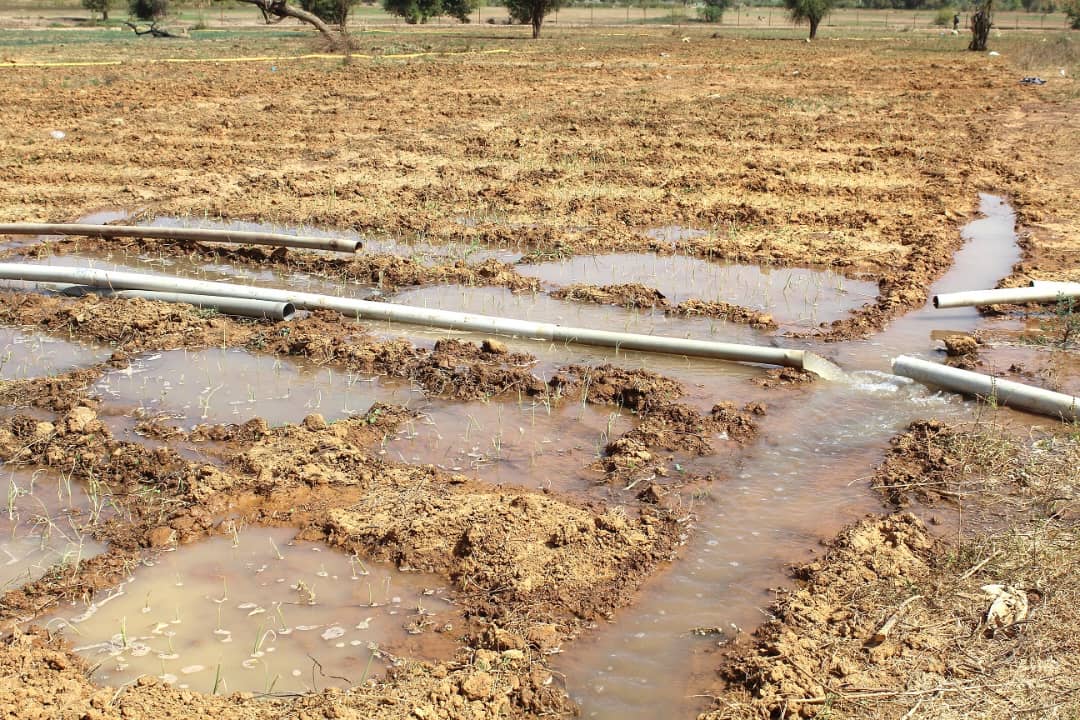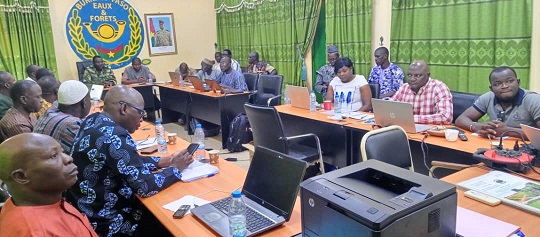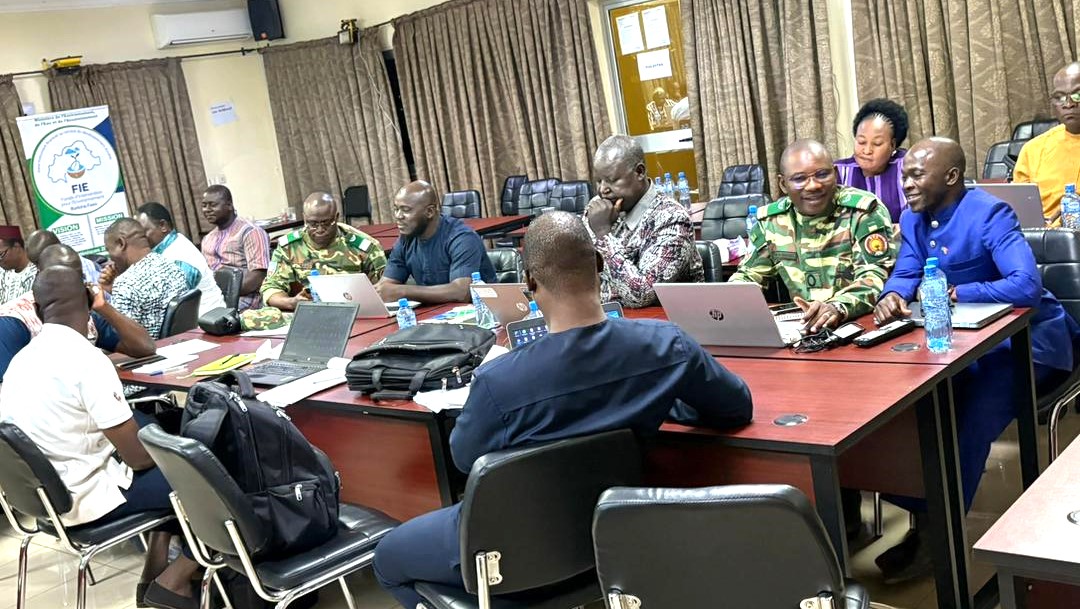THE PROGRESSIVE CLEARANCE OF THE ARCHIVE LIABILITIES OF THE VARIOUS SERVICES AND DIRECTORS IS UNDERWAY
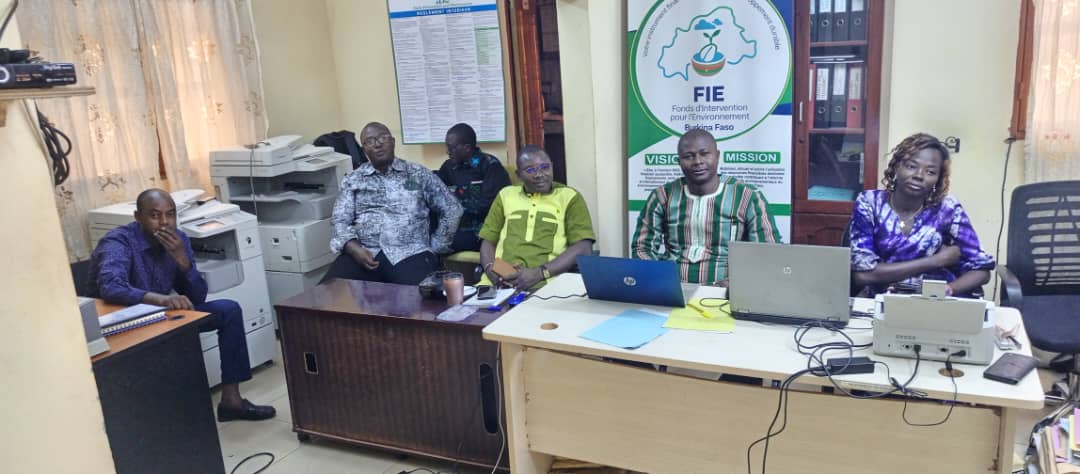
As part of the implementation of its activities, the Environmental Intervention Fund (FIE) generates archival documents which, in view of their informative and historical value, require effective and sustainable management in order to guarantee their availability and accessibility in the event of research.
Indeed, these documents constitute the memory of the FIE which must be perpetuated to ensure the traceability of information, transparency and good administrative governance.
Due to the lack of an efficient archiving system that allows them to be automatically taken over at the end of their active phase, archives become cumbersome in offices, making them quite difficult to access and use.
In order to provide an effective and sustainable response to this situation, the FIE's top managers have decided, in partnership with the Archives and Documentation Department (DAD) of the Ministry of the Environment, Water and Sanitation (MEEA), to gradually clear the archive liabilities of the structure's various departments and departments.
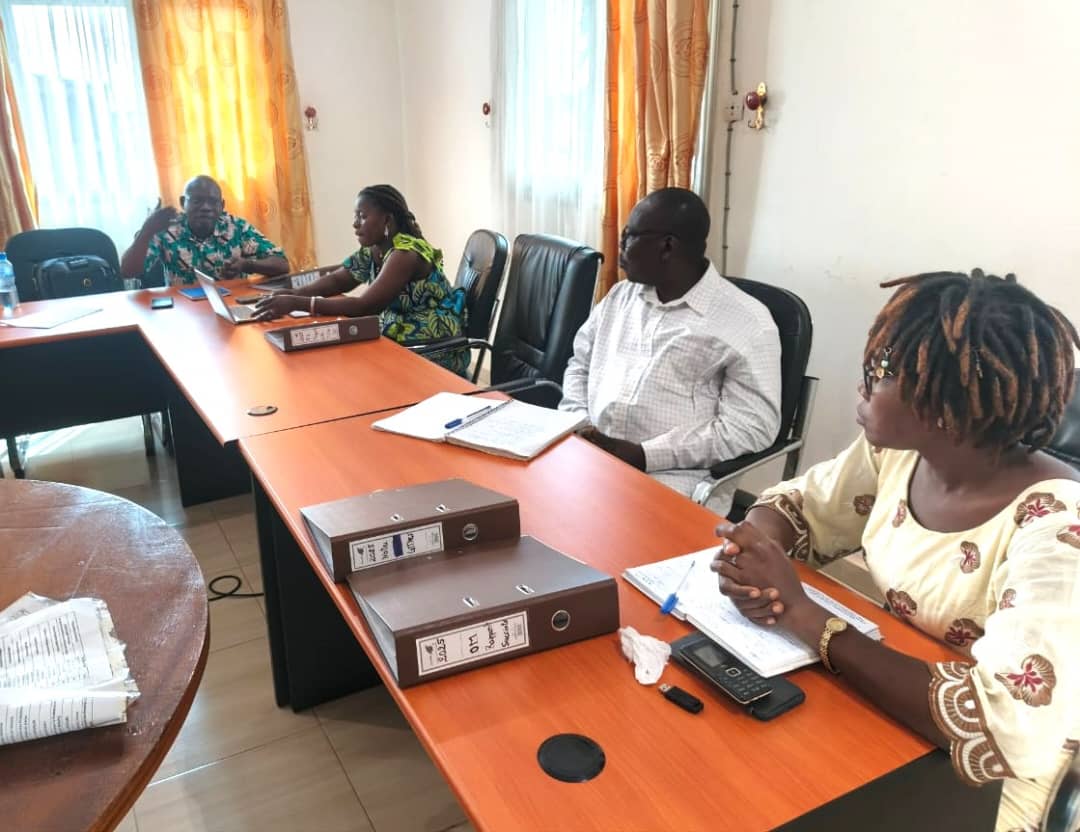
After the Ouagadougou phase, the current session will take place from October 6 to 10, 2025 in Bobo-Dioulasso, Koudougou and Ouahigouya and will consist of classifying and digitizing the FIE archives. The overall objective of the activity is to facilitate access to documentary information for better achievement of the structure's objectives.
Specifically, this involves developing an archive classification plan; collecting and classifying documents in accordance with current archival standards and scanning strategic project documents. It also involves designing and operationalizing a digital database of processed and scanned files and training FIE staff, both at central and regional levels, on document archiving procedures and database operation.
To carry out this activity, a team of DAD and FIE agents was set up. The activity takes place in several stages: the physical processing of files. This involves collecting, sorting, classifying, analyzing, codifying and indexing the archive files of the Regional Branches according to archiving rules.
Working groups were formed to facilitate the operation, in particular the phase of scanning strategic files; the phase of entering and operationalizing the digital database and that of staff training.
DCRP/FIE
 English
English  Français
Français 


